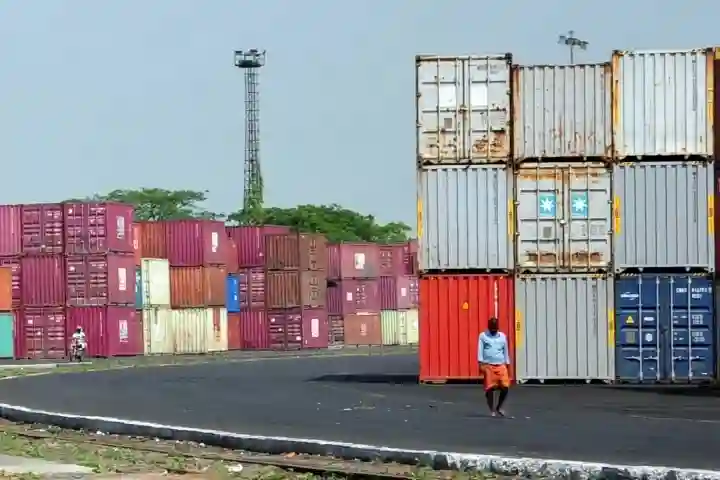

Traders closely monitoring Haifa port developments
Operations at the Haifa port have not been impacted so far despite the ongoing conflict. An intense war between Israel and Hamas broke out on October 7.
The strategically located Haifa, the second largest in Israel is operated by the Adani Ports and SEZ.
The port, encompassing the Haifa Bay port and Israel shipyard, continues with business as usual, undeterred by the conflict, Container xChange noted.
Exporters in India are keeping a close watch on the geopolitical development in the region.
“As of now, things seem to be normal but there is scepticism. Much will depend on how things turn out in the coming months. Importantly, we also need to watch out for reactions from other neighbouring countries especially Iran and Egypt. What kind of actions will they take in the near future will be critical,” said an exporter.
He pointed out that most other countries – even those neighbouring Israel– would not want the war to affect trade.
Maersk, a major player in the industry, reassured stakeholders by announcing that its port operations across Israel’s key terminals are functioning without disruption enabling them to facilitate cargo delivery.
Haifa and Ashdod ports account for less than 1 per cent of global trade throughput, Container xChange said, adding that a major disruption of trade is therefore unlikely.
However, many fear that the ongoing war could push container freight charges.
Earlier this year, the Adani Group acquired the Haifa port, which handles about 30 million tons of cargo annually, for $1.2 billion. The busy port not only handles cargo but also tourist liners.
Hadera and Eilat ports are also operational at this juncture.
Meanwhile though Ashdod port, located barely 50 km away from the Gaza border, is operating but in an ’emergency mode’ with restrictions on vessels carrying hazardous materials.
Operations at the Ashkelon port, which is close to Gaza, have been disrupted.
The International Monetary Fund has warned that the Israel-Hamas war could be the new “new cloud” which could dent the global economy.
“Very clearly, this is a new cloud on not the safest horizon for the world economy, a new cloud darkening this horizon,” Kristalina Georgieva, IMF chief said at a recent press conference.
“It’s a humanitarian tragedy and it’s an economic shock we don’t need,” World Bank President Ajay Banga told Reuters.
Also read: India sends humanitarian aid to Gaza as sequel to Modi-Abbas call
Prime Minister Narendra Modi chaired a meeting of the Cabinet Committee on Security (CCS) on…
US Vice President JD Vance on Wednesday called Prime Minister Narendra Modi and strongly condemned…
The countries of the Arab world have united in their stance against the heinous terror…
Union Defence Minister Rajnath Singh on Wednesday expressed deep sorrow over the loss of innocent…
In the aftermath of the tragic terror attack that led to the death of many…
India appreciated the Saudi Arabian side for continuing their welfare programmes for almost 3 million…